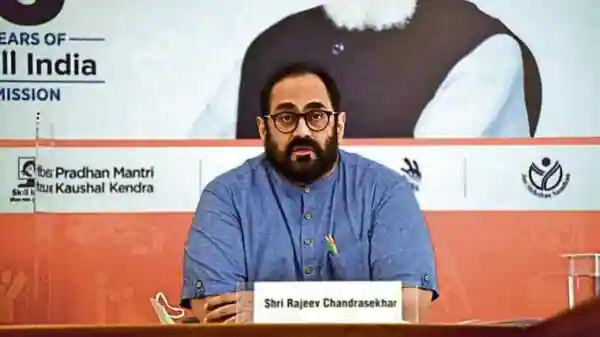
On 12 January IT minister Rajeev Chandrasekhar shared that the government is dedicated to the expansion of online gaming with new regulations protecting digital people, but it would not permit the proposed self-regulatory organisation to be taken over, as per Mint report.
SRO, or the self-regulatory body, is an institutional organisation that will be entrusted with registering online gaming intermediaries and certifying what is an allowed online game and what is not, according to the draft guidelines for online gaming.
“We are going by the principle of accountability and transparency. The government will certainly not allow the industry to hijack the SRO,” the minister said.
The impending Digital India Act would address many of the important concerns around online user harm, safety and trust, and protecting children from addictive intermediaries or platforms, according to the minister. The more than two-decade-old Information Technology Act would be replaced by new legislation, he noted.
The first round of consultations with important stakeholders about problems, expectations, and suggestions on fine-tuning, quite literally, the “rules of the game” took place on Wednesday as the central government began extensive public consultation on draft guidelines for online gaming.
Teachers asked the minister to make sure the proposed self-regulatory organisation “operates at an arm’s length from the sector,” adding that it should be pushed for the formulation of “objective standards” to prevent the industry from abusing the process.
The online gaming sector will be the subject of the following round of consultations in the coming days.
Yesterday, there were about 40 participants, including the principal of Delhi’s Maharaja Agrasen Model School and members from the National Commission for Protection of Child Rights, eSports Welfare Association, and Electronic Sports Federation of India. Rajeev Chandrasekhar, a minister of state for information technology, presided over the meeting.
